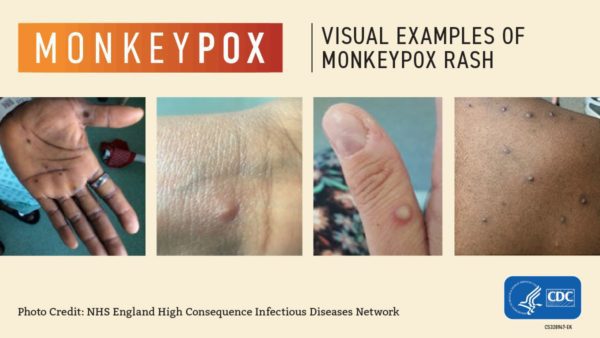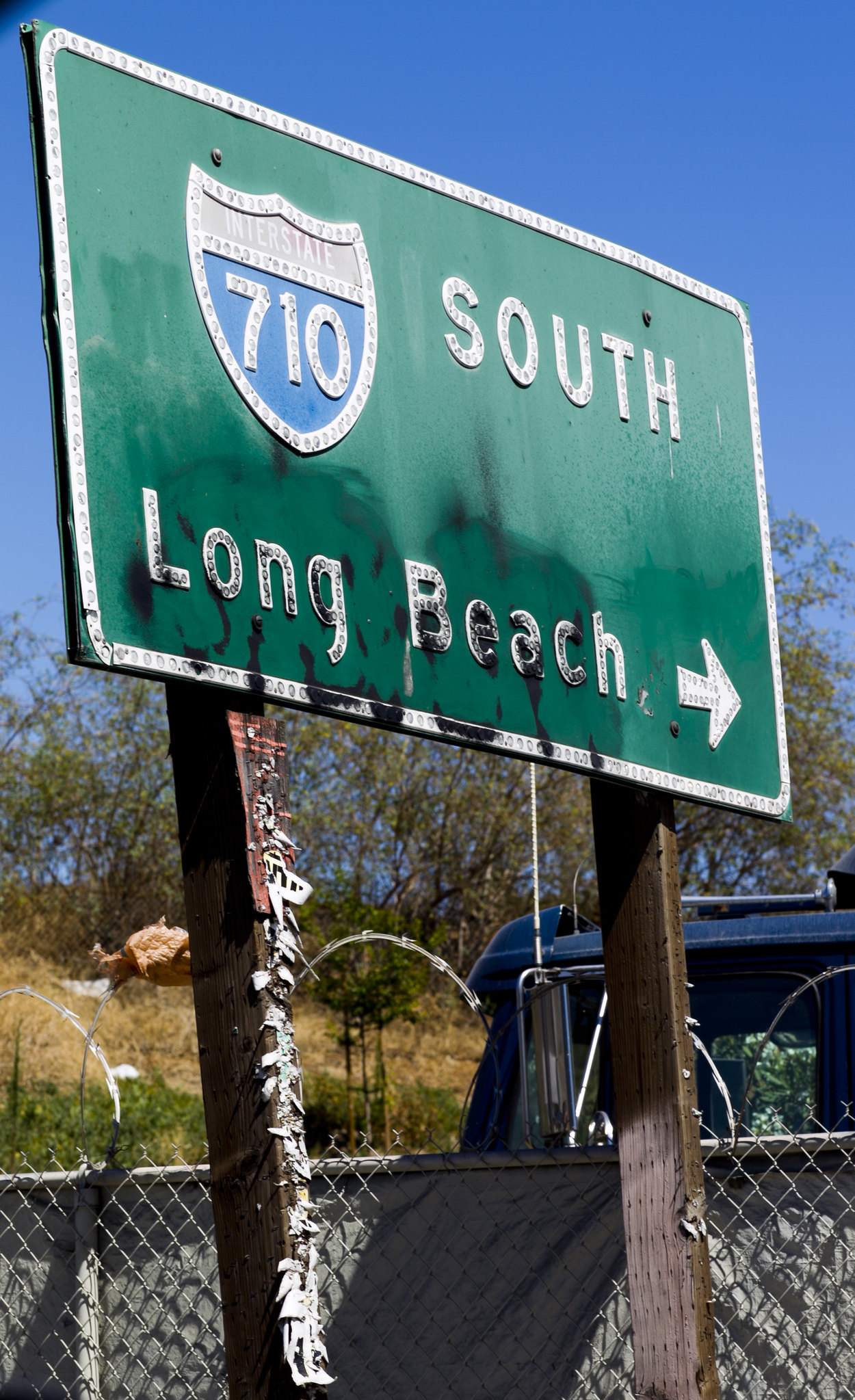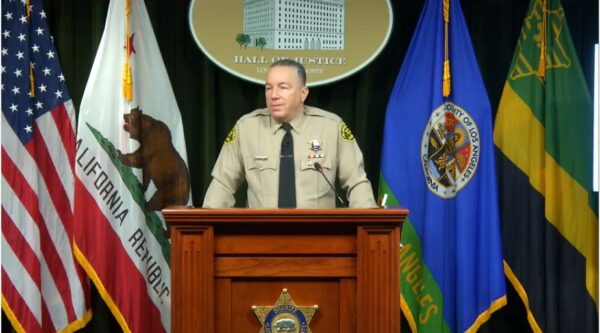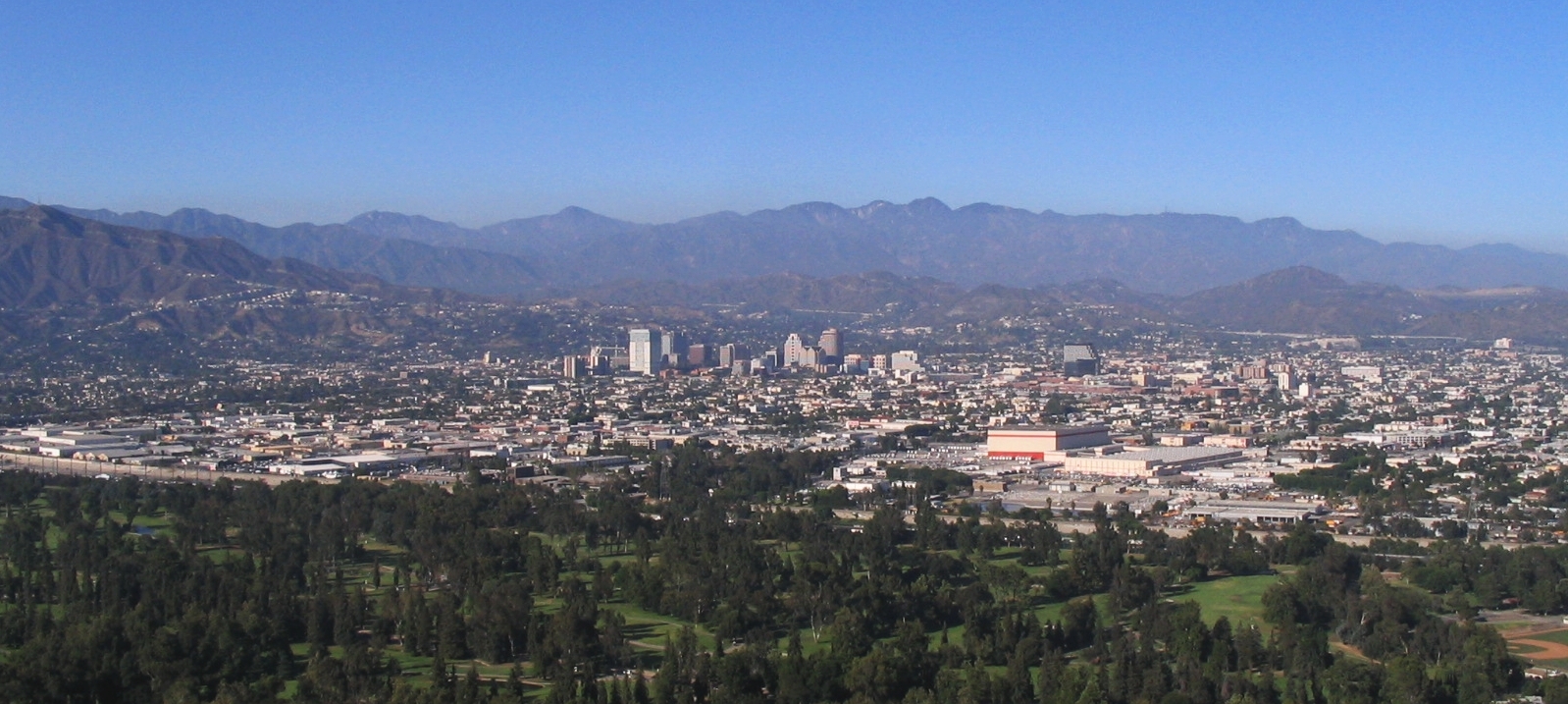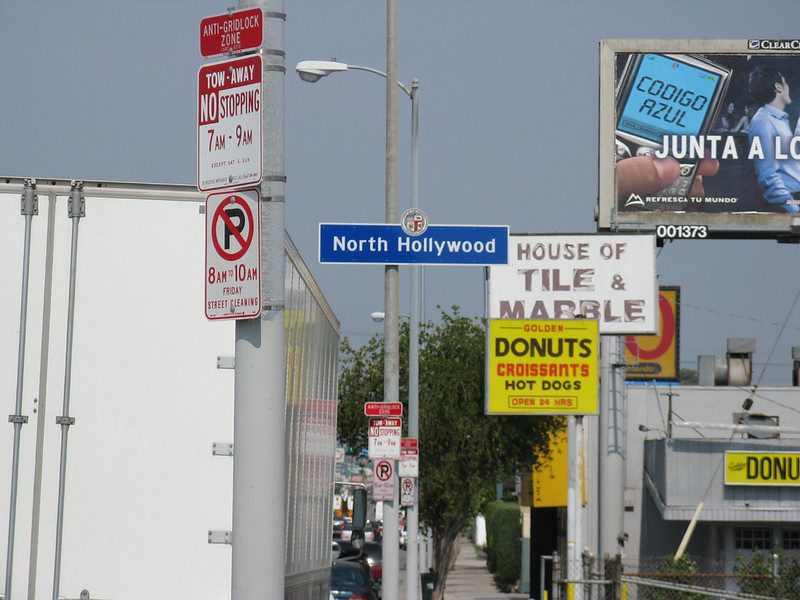Riverside County reported one new confirmed or probable monkeypox case Thursday, raising the overall number to 198.
Last Friday, the number of cases in the County was 165, up from 123 the previous week. The County’s first probable or confirmed case in a female was reported in mid-August.
A total of 96 probable or confirmed monkeypox cases have been reported in Palm Springs, making up almost half of the County’s aggregate count of 198, according to the latest RUHS data.
Riverside County’s monkeypox statistics are available online at www.rivcoph.org/mpx/Data — a dashboard that shares a breakdown of cases in the county with city-by-city data and more.
The County declared a public health emergency in early August to focus attention on the virus. State and federal officials also proclaimed emergencies.
According to health officials, the monkeypox vaccine can prevent infection if given before or shortly after exposure to the virus. The County is working with community partners to expand eligibility for the two-shot vaccines to include at-risk individuals, and to set up treatment sites with Tecovirimat — an antiviral medication used to treat orthopoxvirus infections such as monkeypox.
Riverside County has distributed 75% of its allotment of vaccine doses to DAP Health, Eisenhower Medical Center, Borrego Health and RUHS’ EIP clinic in the Coachella Valley from the county’s limited supply, Jose Arballo, a spokesman for the Riverside University Health System, told City News Service.
He said the county received 5,413 doses of the two-dose JYNNEOS monkeypox vaccine, enough for 2,706 people, before the 75% was distributed to the Coachella Valley. The other 25% was kept for RUHS efforts such as large-scale events and post-exposure prophylaxis.
The U.S. Centers for Disease Control and Prevention and the California Department of Public Health advise that the vaccine be prioritized for high-risk and exposed patients. Gay and bisexual men are at increased risk of contracting the virus, according to the CDC.
The World Health Organization has declared the virus a “public health emergency of international concern.”
A total of 3,629 monkeypox cases have been confirmed in California — the highest of any state — while nationwide, the aggregate count is 18,989, according to the latest CDC data.
Monkeypox is generally spread through intimate skin-to-skin contact, resulting from infectious rashes and scabs, though respiratory secretions and bodily fluids exchanged during extended physical episodes such as sexual intercourse can also lead to transmission, according to the CDC.
Symptoms include pimples, blisters, rashes, fever and fatigue. There is no specific treatment. People who have been infected with smallpox, or have been vaccinated for it, may have immunity to monkeypox.
People with symptoms are urged to visit a medical provider, cover the rash area with clothing, wear a mask and avoid close or skin-to-skin contact with others.
The CDC particularly recommends those steps for people who recently traveled to an area where monkeypox cases have been reported or who have had contact with a confirmed or suspected monkeypox case.
A full list of countries that have confirmed monkeypox cases is available at wwwnc.cdc.gov/travel/notices/alert/monkeypox. A state-by-state tally of cases is available at www.cdc.gov/poxvirus/monkeypox/response/2022/us-map.html.

